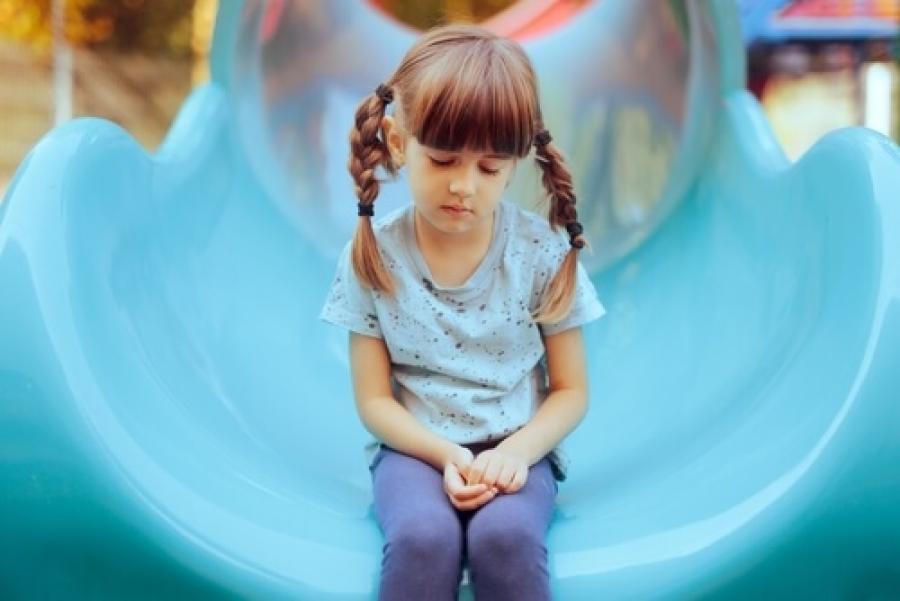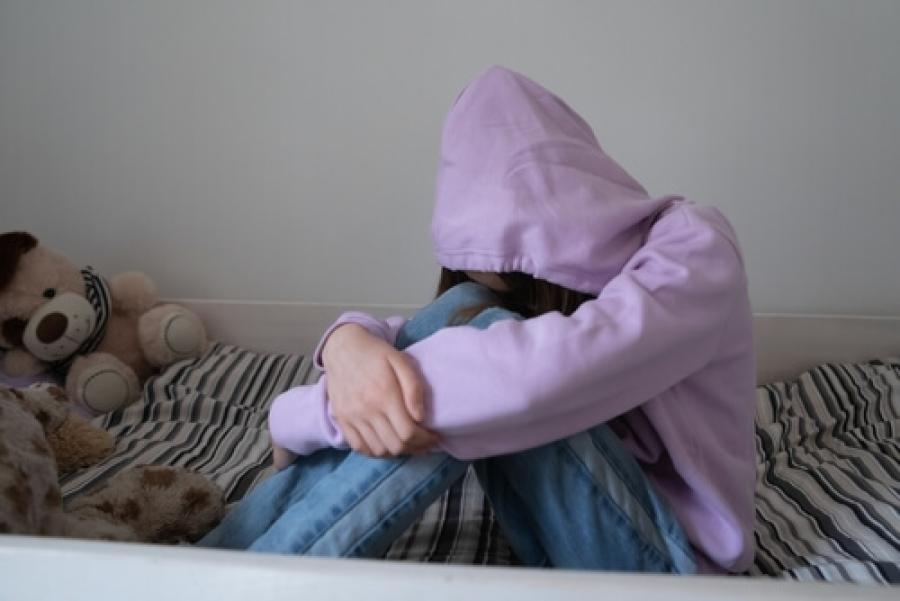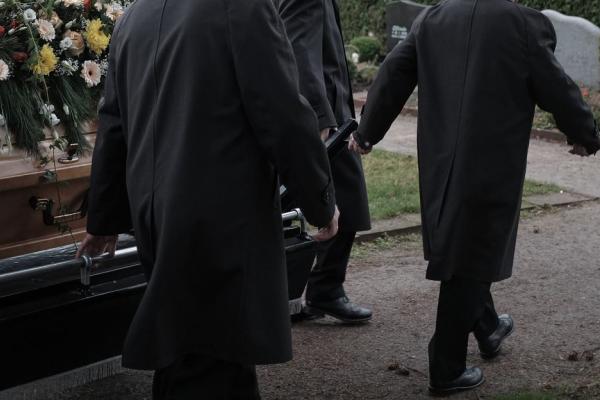
Guide to overcoming child bereavement: stages and recommendations
While the grieving process for an adult is complicated enough when a loved one dies, it is even more so for children. Child bereavement has its own particular characteristics and it is important to be aware of them in order to help children cope with the process. Today, at Áltima, we will take a closer look at the stages of child bereavement and provide you with advice on how to cope during these difficult moments
What is child bereavement?
Child bereavement occurs when a child has to cope with the death of a loved one. This period brings with it an emotional shock to children because, since a child is not sufficiently mentally developed, they cannot understand rationally what death means.
Without this ability, they are not prepared to cope with the death or to react rationally to it. They also have greater difficulty in expressing their emotions.

Therefore, when a loved one dies, children may show certain symptoms or behaviours that vary according to their age and which, if aggravated, may be a cause for concern.
This is why, in many cases, it may be necessary to seek the intervention of a professional in grief management to help them deal with these emotions.
It should be remembered that child bereavement is different from that of adults, and that it will also depend on the type of relationship the child had with the deceased loved one.
Stages of grief in children and adolescents
The stages of grief are not the same for all children. The age of the child plays an important role in this regard, as well as other factors such as their relationship with the deceased person, their emotional stability and the way the family is dealing with the situation.
Following the theory of attachment by the psychologist John Bowlby, we can distinguish several phases of child bereavement:
-
Shock or denial. In this phase, children are unable to accept the death of their loved one and have the feeling that they are experiencing something unreal. This feeling can last for several days or weeks and is characterised by confusion and emotions ranging from anger to joy.

-
Longing. As they become more conscious of the death, they begin to display emotions such as crying, anger or irritability. They may even feel guilty or blame others for the loss and it is common for them to 'search' for their loved one through photographs or shared memories. It is a very unstable phase that can affect concentration and academic performance.
-
Despair. Realising that the situation is irreversible, children understand that the person they love will not be coming back and show their feelings about it: sadness, apathy and pain. A phase of disorganisation occurs in their life and it is important to watch out for this in the most severe cases.
-
Detachment. This is the stage of accepting the loss and, therefore, the reorganisation of the child's life, as far as possible. At this point, the disorders of the previous stages (mood swings, sleep problems, etc.) disappear.
It is normal to go through all the stages of child bereavement and it is a process that usually lasts between six months and a year. This, of course, will depend on whether there are complicating factors (for example, if it was a sudden death, if it was particularly tragic, or if there were multiple deaths, such as that of both parents). Nevertheless, going through all the stages of bereavement is a necessary path for children.
Áltima's recommendations for overcoming child bereavement
What is the best way to deal with child bereavement? It is not always easy to deal with the loss of a loved one when the person affected is a child. To do so in the best possible way, try to follow these recommendations:
-
Provide appropriate information about the situation. Concealing things or being misleading can be counterproductive so avoid the use of euphemisms.
-
Listen. Let them express themselves, make them feel heard, encourage them to express their feelings, answer their questions and make it clear that they are not responsible for the situation.
-
Help them to manage their emotions. This is where the help of a specialised professional is essential.
-
Avoid changes. In order for them to return to normality and stability as soon as possible, they should continue with their routines where viable. This includes going to school, being with friends and taking part in extracurricular classes, for example.
Help your children to remember their loved ones
Remembering the person they love is part of the grieving process for children and is therefore necessary for healing. Here are some things you can do:
-
Share memories of the deceased person. Mention their name and keep pictures visible of them in the house. Teaching them that it is not forbidden to talk about the person and remembering them will help children to express their emotions.
-
Include your child in the changes and any acts of farewell. The new situation also affects them. Therefore, they should not be excluded from any farewell tributes because this will help them to cope with the grief.
Resources available for psychological support
At Áltima you can count on our bereavement support. Teams of psychologists at Serveis Integrals de Psicologia (SIPS) and the AVES association provide support to those who need it when a loved one dies.
These specialists in grief management provide free support, regardless of whether or not you have previously used our services.
When children are grieving, it is very important to have the necessary resources to help them manage their emotions and overcome the grief of a loved one’s death.



